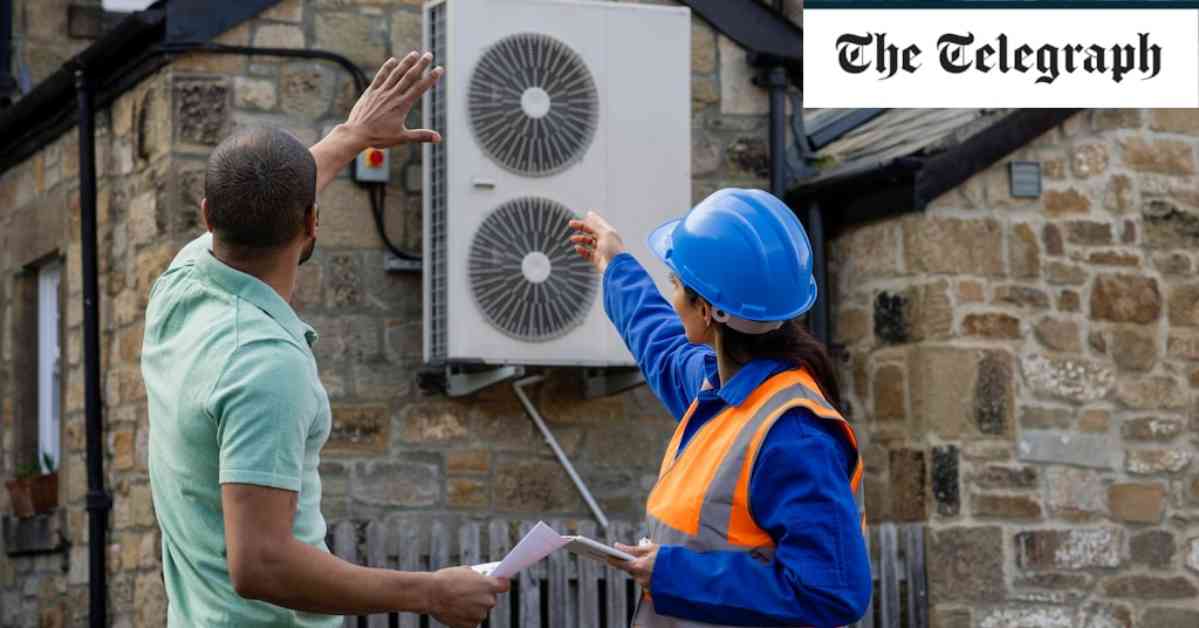Pros and Cons of Heat Pump Systems: A Comprehensive Guide
As the push for energy-efficient heating solutions continues to gain momentum in the UK, heat pumps have emerged as the leading contender to replace traditional gas boilers. With the government aiming to accelerate the heat pump rollout to reach 600,000 installations per year by 2028, many homeowners are considering making the switch. However, before investing in a heat pump system, it is essential to weigh up the pros and cons to determine if it is the right choice for your home.
Pros of Installing a Heat Pump
1. Environmentally Friendly Option
Heat pumps are considered a greener alternative to gas or oil heating systems. By running entirely on electricity, heat pumps can be powered by renewable energy sources such as wind and solar, significantly reducing carbon emissions. This aligns with the government’s goal to phase out gas boilers and move towards a more sustainable heating solution.
2. Potential Cost Savings in the Long Run
While the upfront cost of purchasing and installing a heat pump may be higher compared to traditional boilers, homeowners can potentially save money in the long run through reduced energy bills. As electricity prices are expected to decrease with the expansion of renewable energy sources, heat pumps can offer cost-effective heating solutions for newer properties.
3. Compatibility with Green Technology and Specialized Tariffs
By switching to a heat pump, homeowners can transform their property into an all-electric home, eliminating standing charges for gas. This makes specialized tariffs aimed at high electricity consumption households more attractive, leading to potential savings on energy bills. Additionally, heat pumps work well with technologies such as home batteries and solar panels, maximizing energy efficiency.
Cons of Installing a Heat Pump
1. High Initial Cost
One of the main challenges of adopting heat pump systems is the significant upfront investment required. While traditional gas boilers may cost less to purchase and install, heat pumps can range from £7,000 to £35,000, depending on the type and size of the unit. While the cost of heat pumps is expected to decrease as uptake increases, the initial expense remains a barrier for many homeowners.
2. Compatibility and Space Limitations
Not all homes are suitable for heat pump installations, particularly ground-source devices that require more land. Flats and terraced houses may face challenges in accommodating air-source heat pumps, which need outdoor space for installation. Moreover, listed buildings may require planning permission for heat pump installations, adding to the complexity and cost of the process.
3. Insulation Requirements
For heat pumps to operate efficiently, homes need to be well-insulated to retain heat effectively. Upgrading insulation in properties can be costly, with older homes often requiring more extensive measures. From cavity wall insulation to floor and roof insulation, homeowners may need to invest in insulation upgrades to maximize the performance of heat pump systems.
In Conclusion, the decision to invest in a heat pump system involves weighing the pros and cons to determine if it is the right choice for your home. While heat pumps offer environmental benefits and potential cost savings in the long term, the high initial cost, compatibility limitations, and insulation requirements are important factors to consider. As the government continues to promote energy-efficient heating solutions, homeowners should carefully evaluate their options and assess the feasibility of installing a heat pump in their properties.












